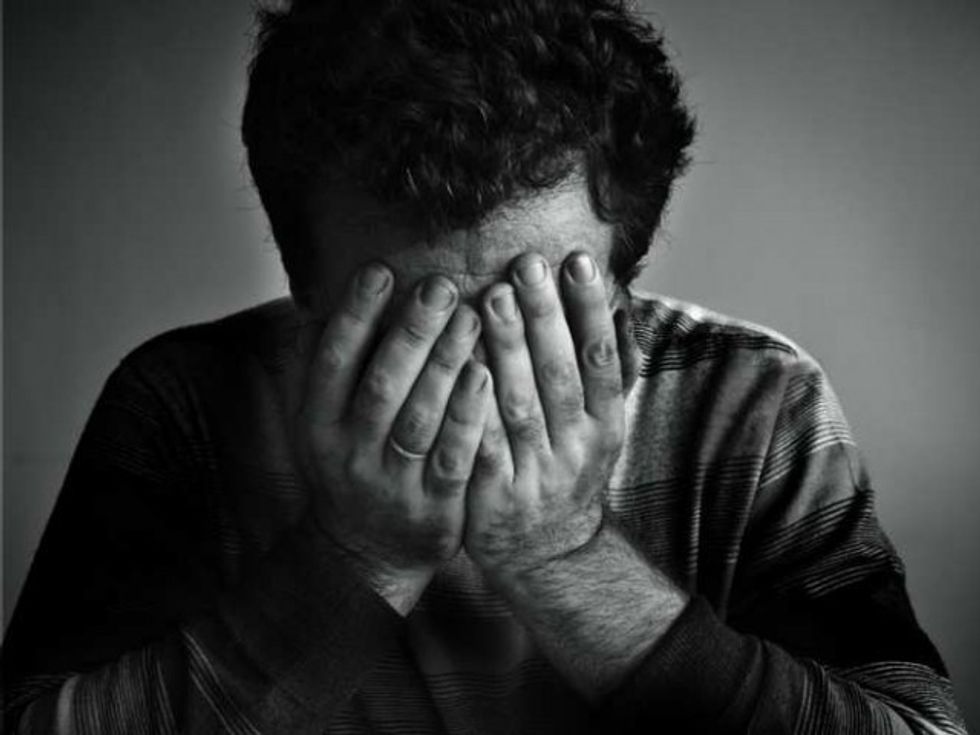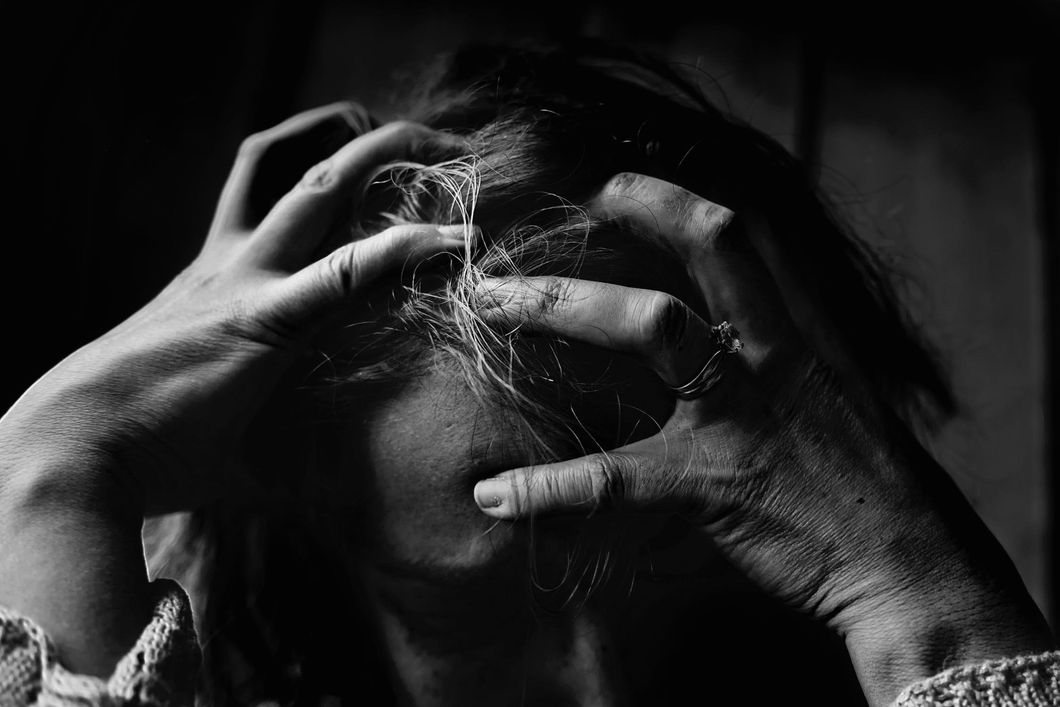When most people talk about PTSD, they tend to associate it with soldiers who return home from war. However, there are many sides to this psychological disorder that they don't know about. Unfortunately, I was one of those people who experienced PTSD themselves. I felt alone, angrier than usual, lost interest in everything I knew and had as well as emotionally detaching myself. If you know me personally, you know I was a pretty emotional person before, but after my incident, I kind of learned how to "harden" my emotions. PTSD should be recognized more and here is why.
PTSD can happen to anybody, big or small.

Yes! It's a fact! Any traumatic experience can send a person into having this disorder and unfortunately, it doesn't just last a few weeks. People who suffer from PTSD suffer from fear, anxiety, emotional detachment, depressive episodes, and sudden hostility or lashing out at people.
They have other therapies and medicine to help people with PTSD.

People who may suffer from bouts of PTSD may be given SSRIs (Selective Serotonin Reuptake Inhibitors) or Eye Movement Desensitization and Reprocessing (EMDR), which is psychotherapy designed to alleviate the distress created from traumatic experiences.
The Disagreement: Does PTSD last for only a few months or is it permanent?

The American Psychiatric Association states that half of adults with PTSD recover within three months and others may last longer but often less than a year. PTSD will last for an individual depending on the trauma and the resilience of a person. Giving a person time, proper treatment and support will help a person overcome.
Due to personal reasons, I'm not going to go into too much detail about my personal experience but here is a tidbit of my story.
At the age of 17, I was assaulted at gunpoint and I was diagnosed with PTSD. I remember the first few days after my incident, I was so depressed and erratic with everything I did to the point where I would black out and not remember anything. I remember that I would become super irritable, screaming and crying at my family members and people on the phone… I was angry. However, I took it day by day.
I went back to work at the place I was assaulted at after a month (even though it was extremely tough). I started to talk about my experience more and took time to myself on my bad days. I'm really glad that I grew from my experience, and even faced the person who assaulted me in a courthouse. I was happy to look at him dead in the eye and show no fear and basically tell him that he did not scare me.
My point is, PTSD can happen to anyone and if you know someone suffering from a traumatic experience, be there for them, show them sympathy and understand the symptoms.
To learn more about PTSD or any more psychological disorders, visit the American Psychological Association's Website.

















